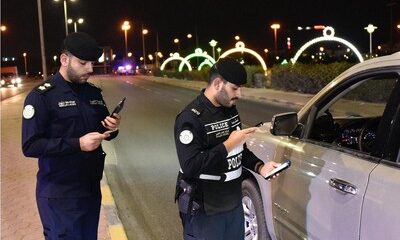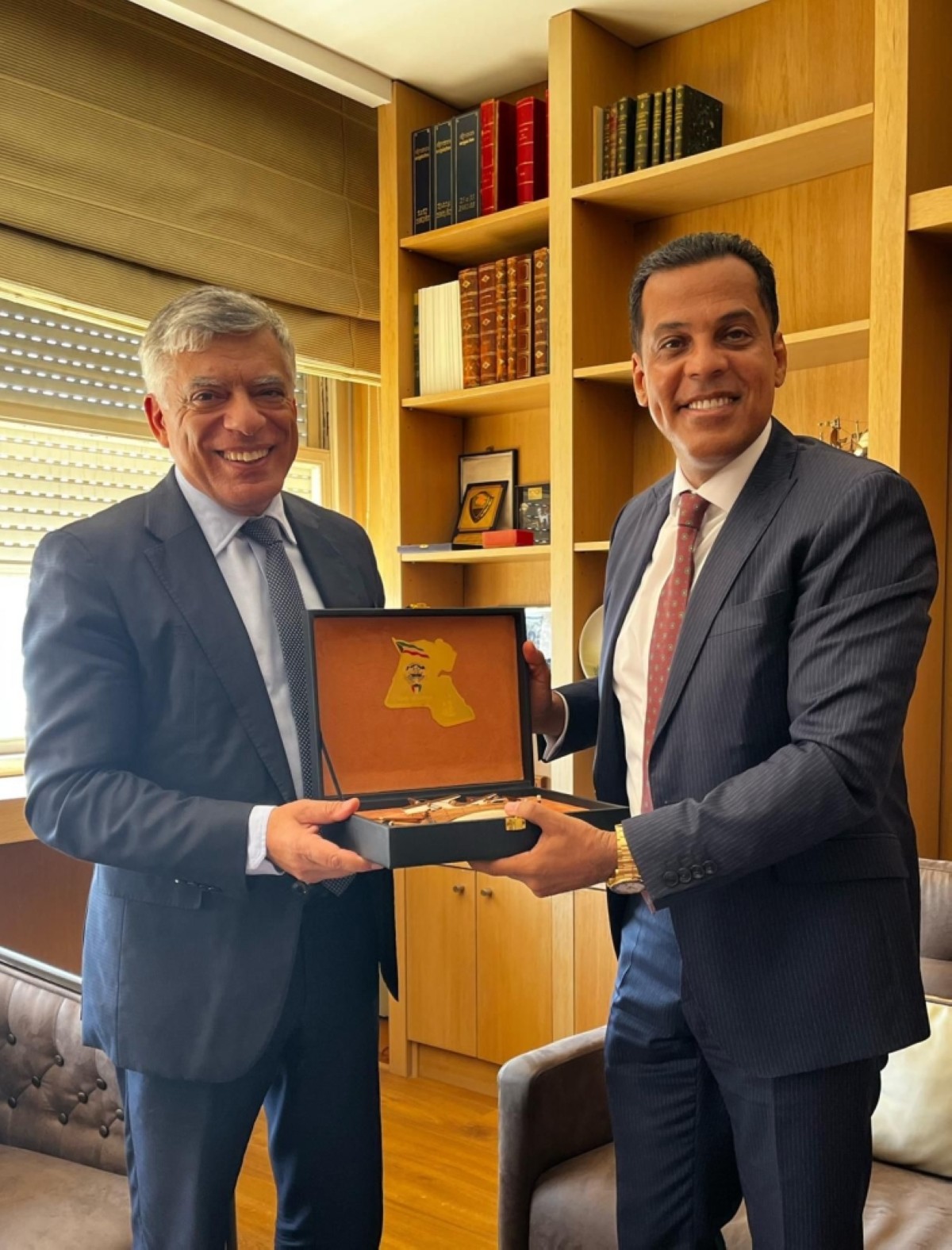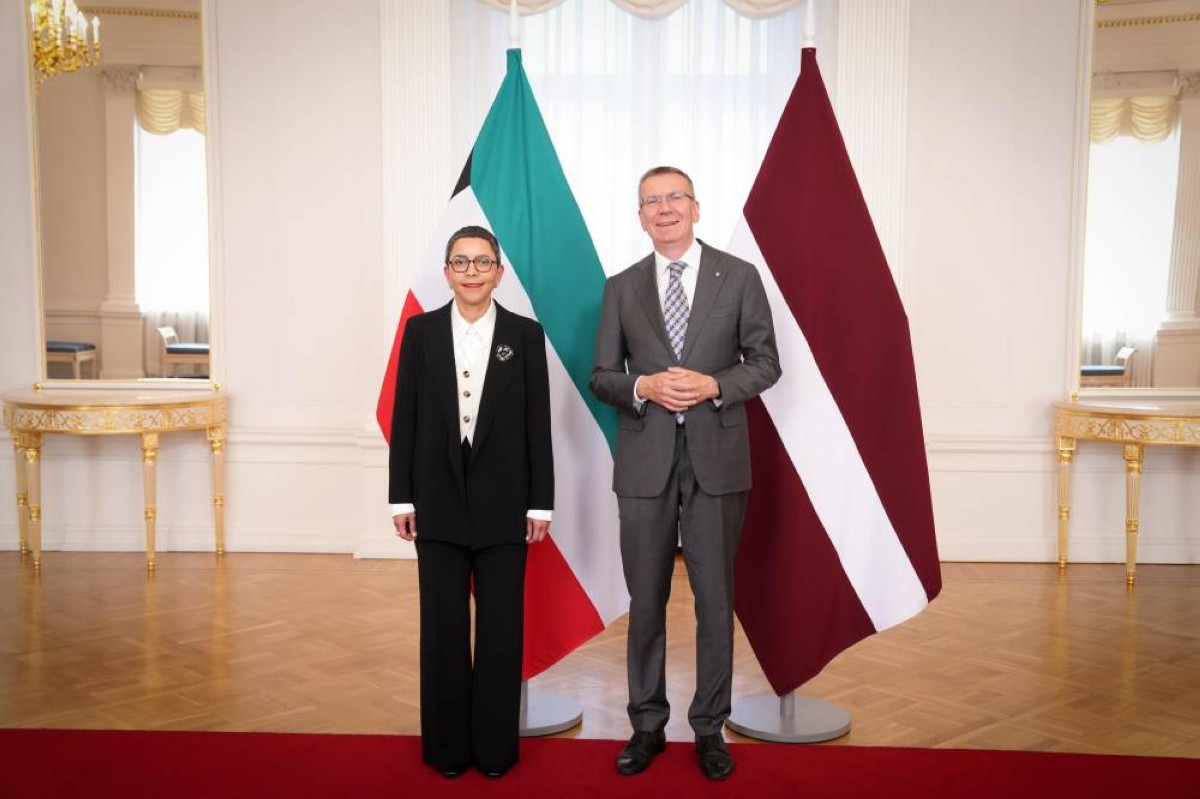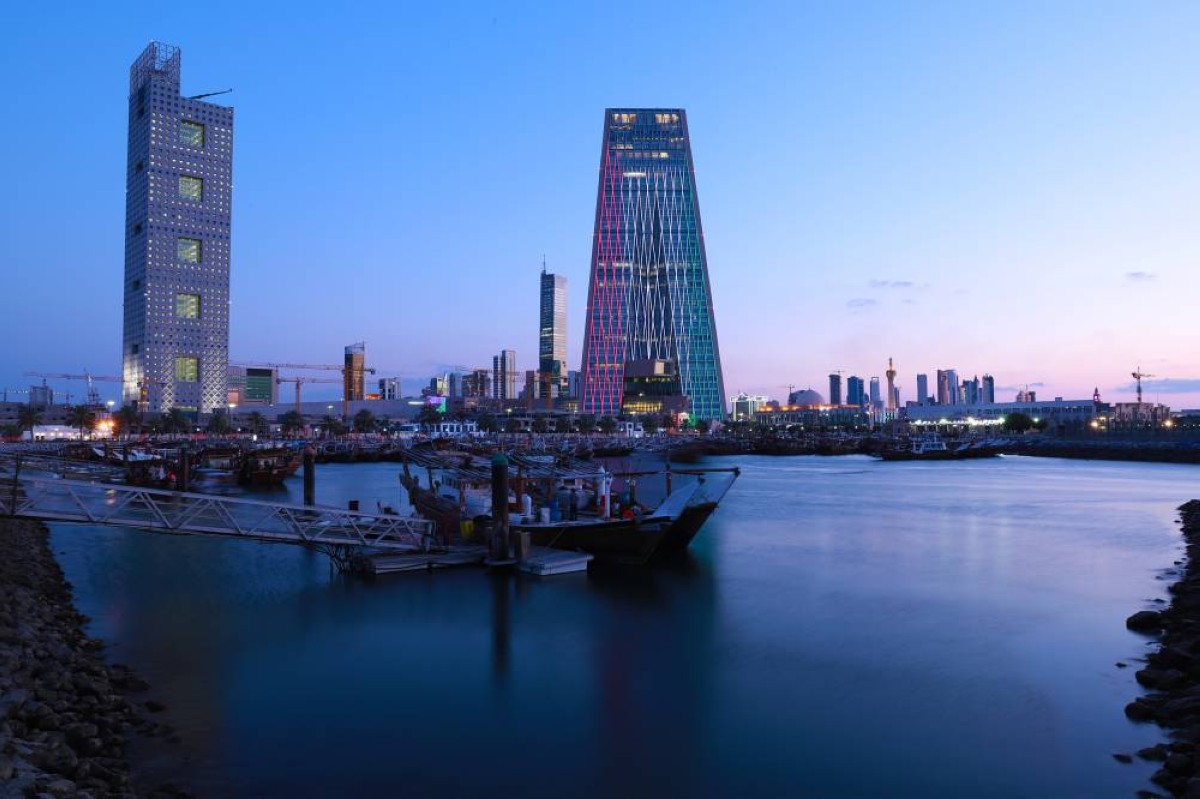KUWAIT: They stand at gas stations, their faces dripping with sweat. They work on construction sites, wrapping scarves around their heads to block the sun. They sweep streets, collect garbage, and deliver packages. While most people stay indoors to escape Kuwait’s extreme summer heat, these workers don’t have that option.
“It’s tiring, but what can we do?” said a gas station worker, when asked about enduring the intense temperatures. “This is the contract, and we have to follow the work conditions,” he added, noting that his job requires 12-hour shifts with just a 20-minute break. “We take turns resting – one of us goes into the room to cool off, then the other comes out to work.”
While Kuwait’s Ministerial Decision No. 535 of 2015 bans outdoor work between 11:00 am and 4:00 pm from June 1 to August 31, the heat doesn’t obey the clock. Temperatures often remain high outside those hours.
This reality has raised urgent concerns among human rights advocates, who say current protections fall short of addressing the full scope of risk that workers face on a daily basis.
Kuwait Society for Human Rights Chairman Khalid Al-Humaidi is among those calling for a stronger commitment to worker safety. He stresses that the midday ban is only part of the legal framework meant to protect outdoor laborers.
Ministerial Decision No. 198 of 2010, he notes, is far more comprehensive and should be more actively enforced. It requires employers to take a range of preventive measures, from providing sun-protective gear, gloves, and proper footwear, to ensuring uniforms are designed to reflect sunlight and reduce heat absorption.
Al-Humaidi emphasized that cold drinking water must be provided in sufficient quantities, and rest areas must be well ventilated – or ideally air-conditioned – to give workers a chance to recover.
The law also places responsibility on employers to educate workers about the signs of heat exhaustion and ensure supervisors are trained to respond immediately when symptoms arise. These measures, according to Al-Humaidi, are an extension of Labor Law No. 6 of 2010 (regarding work in the private sector), which contains an entire chapter on occupational health and safety. And they are not optional extras.
Lack of enforcement
While laws exist on paper, Al-Humaidi pointed out that enforcement remains weak. Many employers, he explained, unknowingly violate these regulations simply because they are unaware of the ministerial decisions that form an integral part of the labor code. As a result, critical safety measures are often neglected, putting vulnerable workers at even greater risk during the summer months.
He also highlighted the importance of broader legal regulations that guide Kuwait’s labor framework. These include Ministerial Decision No. 208 of 2011, which outlines exposure limits and workplace safety standards, and Ministerial Decision No. 224 of 2014, which mandates clear safety signage in work areas. Kuwait’s commitment to labor rights extends internationally as well: the country has ratified 19 conventions from the International Labour Organization (ILO), including seven of the eight core principles that promote dignity, equality and safety at work. In 2022, the ILO further emphasized that a safe and healthy working environment is a fundamental right – one that must be upheld by all member states.
Yet the gap between Kuwait’s legal commitments and on-the-ground realities remains clear. Al-Humaidi is calling for immediate action: not only stricter monitoring and enforcement of labor laws but also increased awareness among employers and workers alike. “We need to stop thinking of safety as an added cost,” Al-Humaidi said. “It’s an investment in people. And people are the foundation of every workplace.”
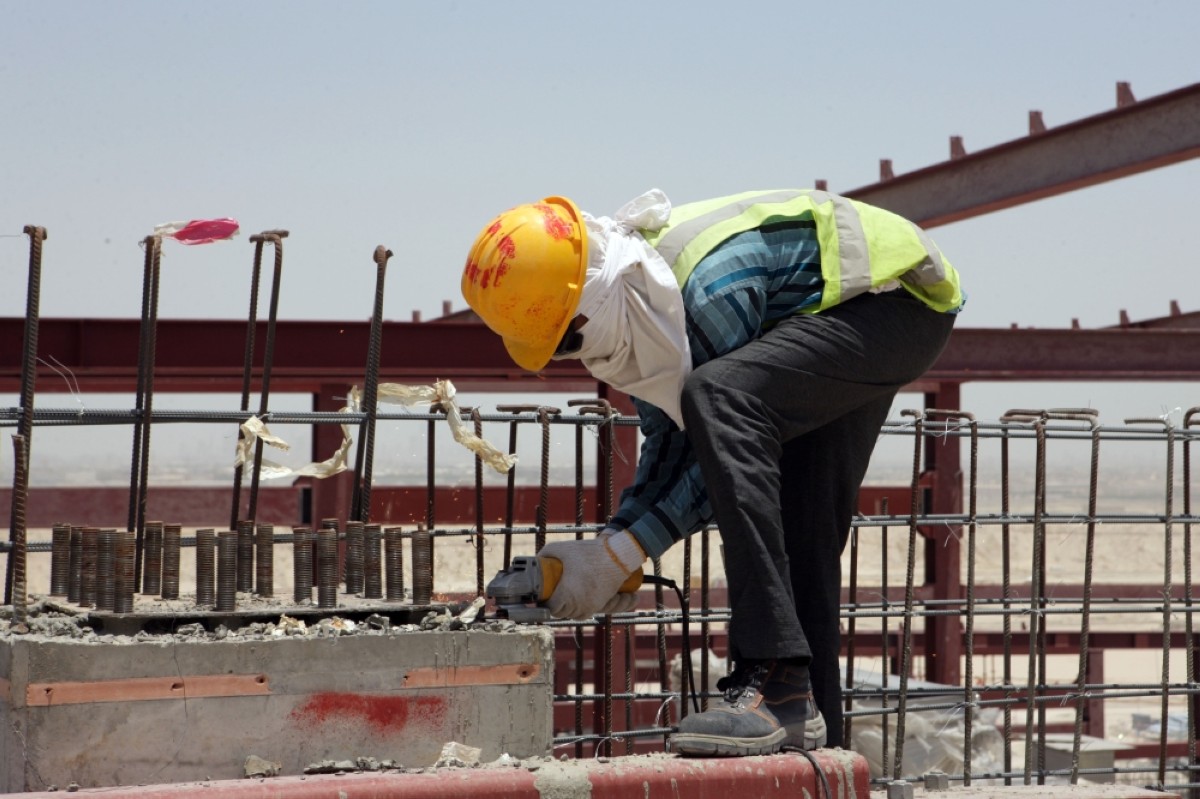

 Latest News11 hours ago
Latest News11 hours ago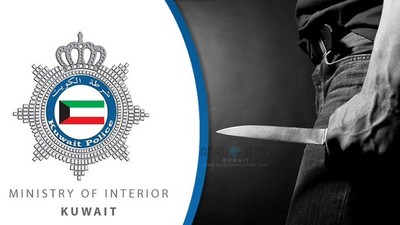
 Politics8 hours ago
Politics8 hours ago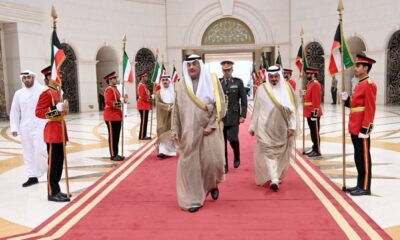
 Latest News10 hours ago
Latest News10 hours ago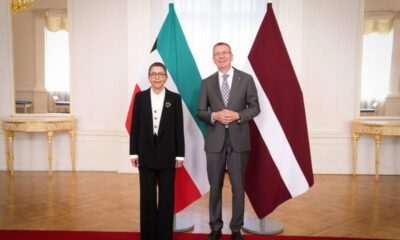
 Latest News7 hours ago
Latest News7 hours ago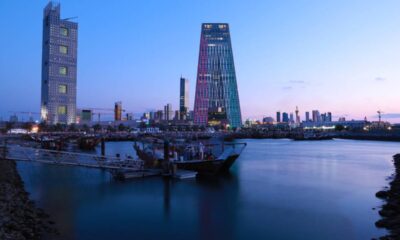
 Latest News8 hours ago
Latest News8 hours ago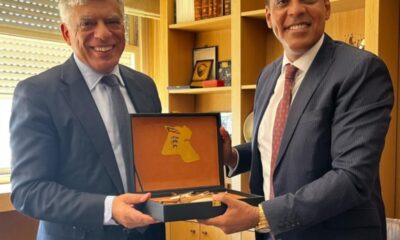
 Latest News54 minutes ago
Latest News54 minutes ago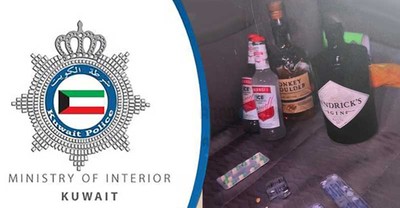
 Politics59 minutes ago
Politics59 minutes ago
